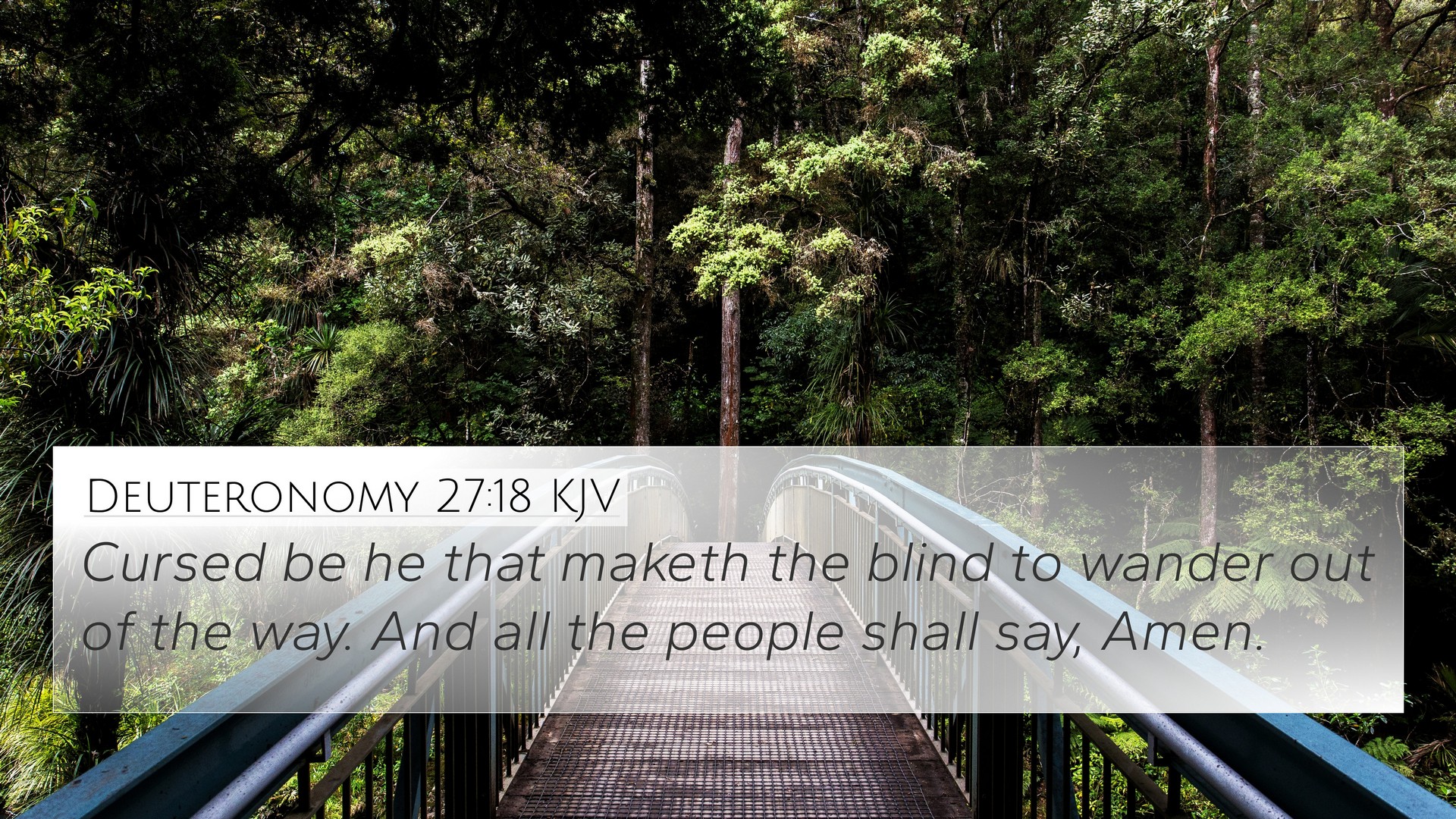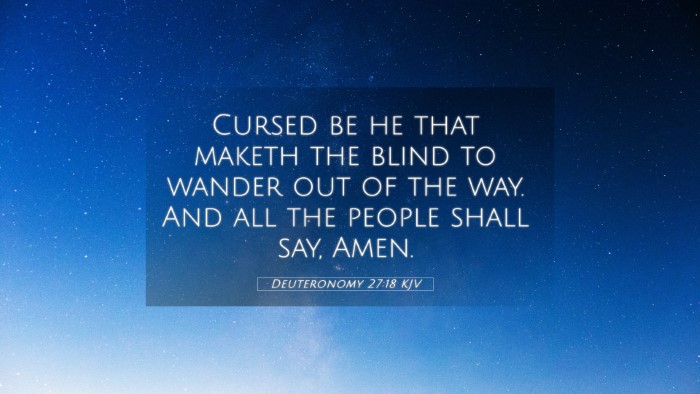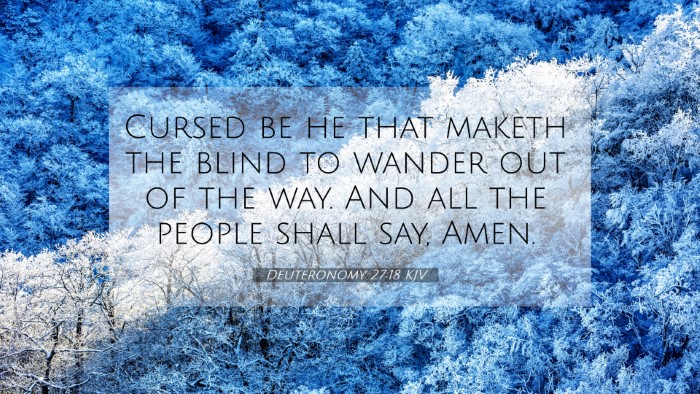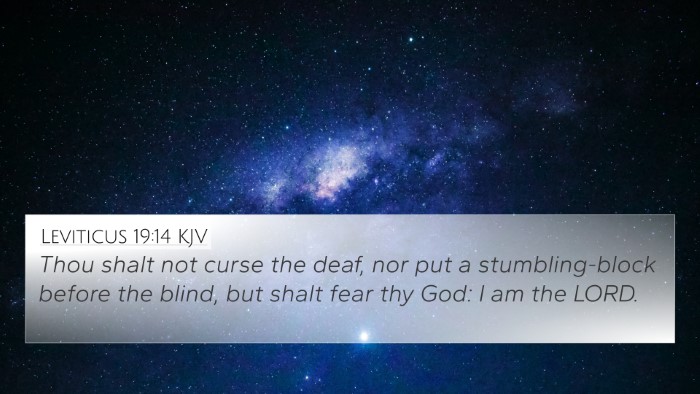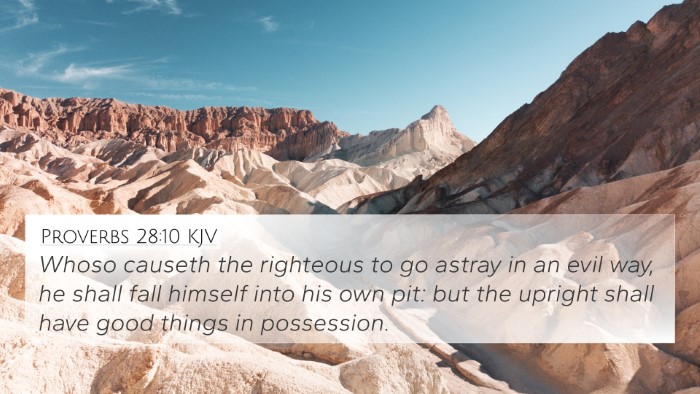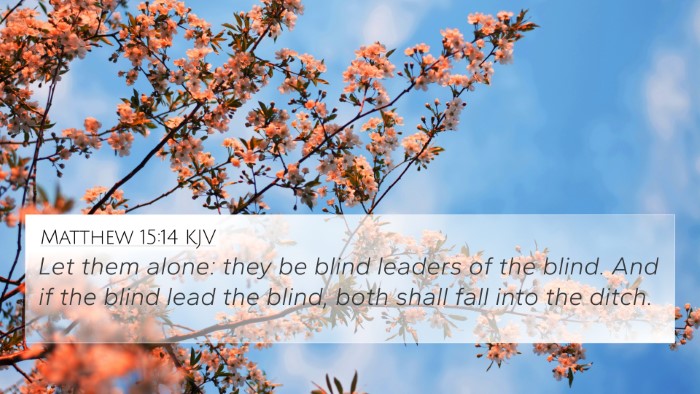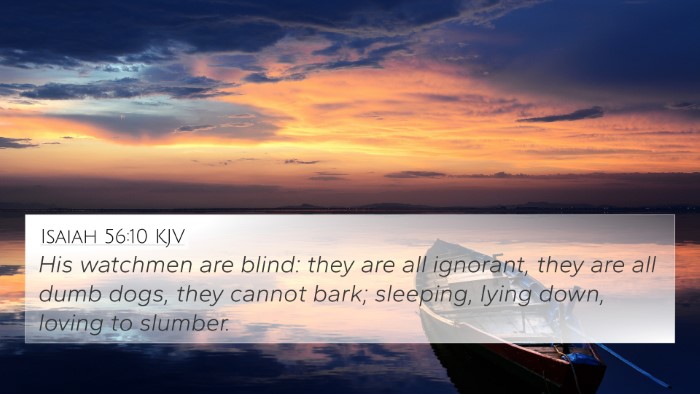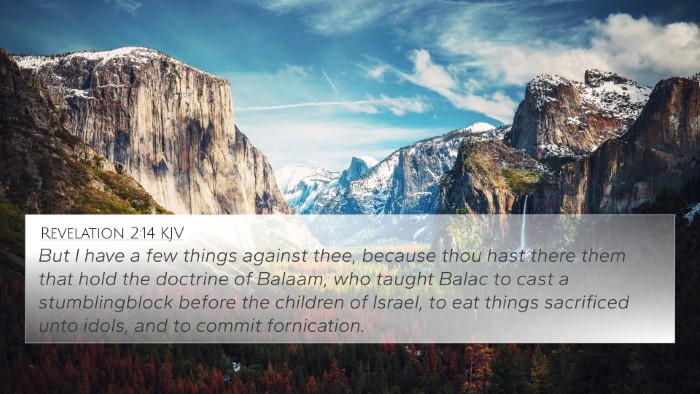Understanding Deuteronomy 27:18
Verse: Deuteronomy 27:18 - "Cursed be he that maketh the blind to wander out of the way: and all the people shall say, Amen."
This verse is a part of the series of curses pronounced in Deuteronomy 27, establishing moral and societal guidelines for the Israelites. It emphasizes the importance of justice and care for the vulnerable, specifically targeting the blind.
Commentary Insights
This verse is elaborated upon by several public domain commentators:
- Matthew Henry:
Matthew Henry observes that the blind are particularly exposed to harm and that leading them astray is a grievous sin. The curse reflects God's concern for justice and care for the weak, illustrating the principle that society must protect those who cannot help themselves.
- Albert Barnes:
Albert Barnes comments on the severity of the curse pronounced upon those who would take advantage of the blind. He notes that the Israelites were to carefully consider the implications of such actions, underscoring the call for integrity and compassion in community conduct.
- Adam Clarke:
Adam Clarke discusses the moral responsibilities arising from this command. He highlights how leading the blind astray symbolizes broader spiritual blindness, urging the faithful to provide guidance and support to those lacking understanding.
Cross-References and Connections
Deuteronomy 27:18 links with several other Bible verses that similarly emphasize justice, care for the vulnerable, and moral responsibility:
- Exodus 23:1-3: This passage warns against spreading false reports and emphasizes justice for the poor.
- Leviticus 19:14: This verse instructs against putting a stumbling block before the blind, directly echoing the sentiment of Deuteronomy 27:18.
- Matthew 18:6: Jesus condemns causing little ones to stumble, reinforcing the seriousness of leading others astray.
- Proverbs 31:8-9: Speaking up for those who cannot speak for themselves directly connects to caring for the vulnerable.
- Luke 14:13-14: Jesus teaches about inviting the poor, the crippled, the lame, and the blind to banquets, highlighting compassion for those less fortunate.
- James 1:27: This verse identifies pure religion as caring for orphans and widows, further emphasizing the importance of social justice.
- 1 Corinthians 8:9: Paul cautions against being a stumbling block to others, illustrating the broader theme of responsibility toward one another.
Thematic Connections
The overarching themes evident in this verse and its cross-references include:
- Justice and Integrity: The need for ethical behavior within the community.
- Compassion for the Vulnerable: A consistent call throughout scripture to protect and uplift those who cannot defend themselves.
- Guidance in Spiritual Matters: The parallel between physical blindness and spiritual ignorance illustrates the need for shared knowledge and protection.
Learning to Cross-Reference Bible Verses
Understanding how to find cross-references in the Bible can enhance one's study and interpretation of scriptures:
- Utilize a Bible cross-reference guide to identify direct connections between verses.
- Employ Bible concordance tools to find similar terms and themes across scriptures.
- Engage in cross-reference Bible study methods to gain a more holistic understanding of topics.
Conclusion
Deuteronomy 27:18 calls believers towards a life of moral integrity, advocating for the protection of vulnerable individuals. By exploring this verse's connections with other biblical texts, one gains deeper insights into God's heart for justice and the responsibilities of His people.
